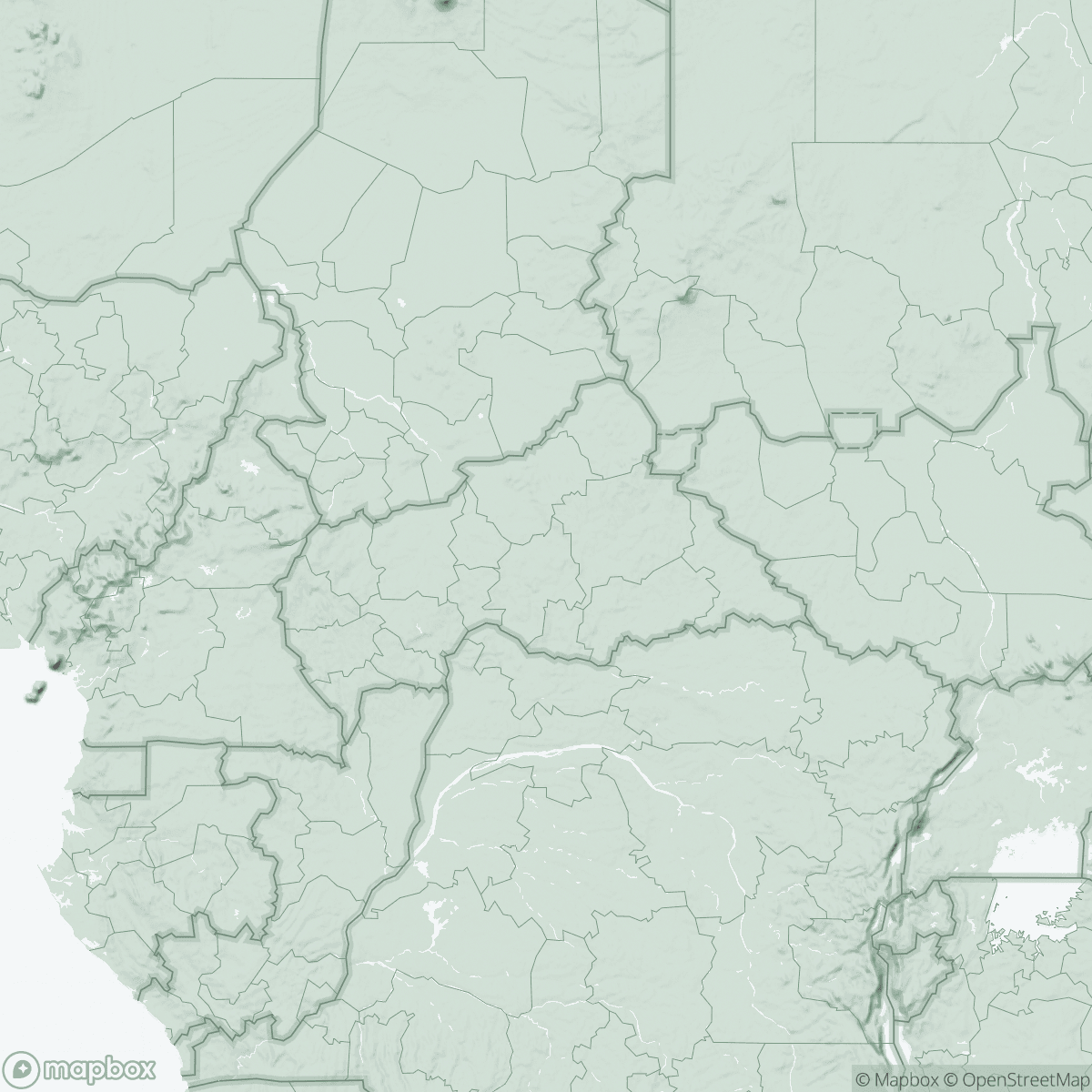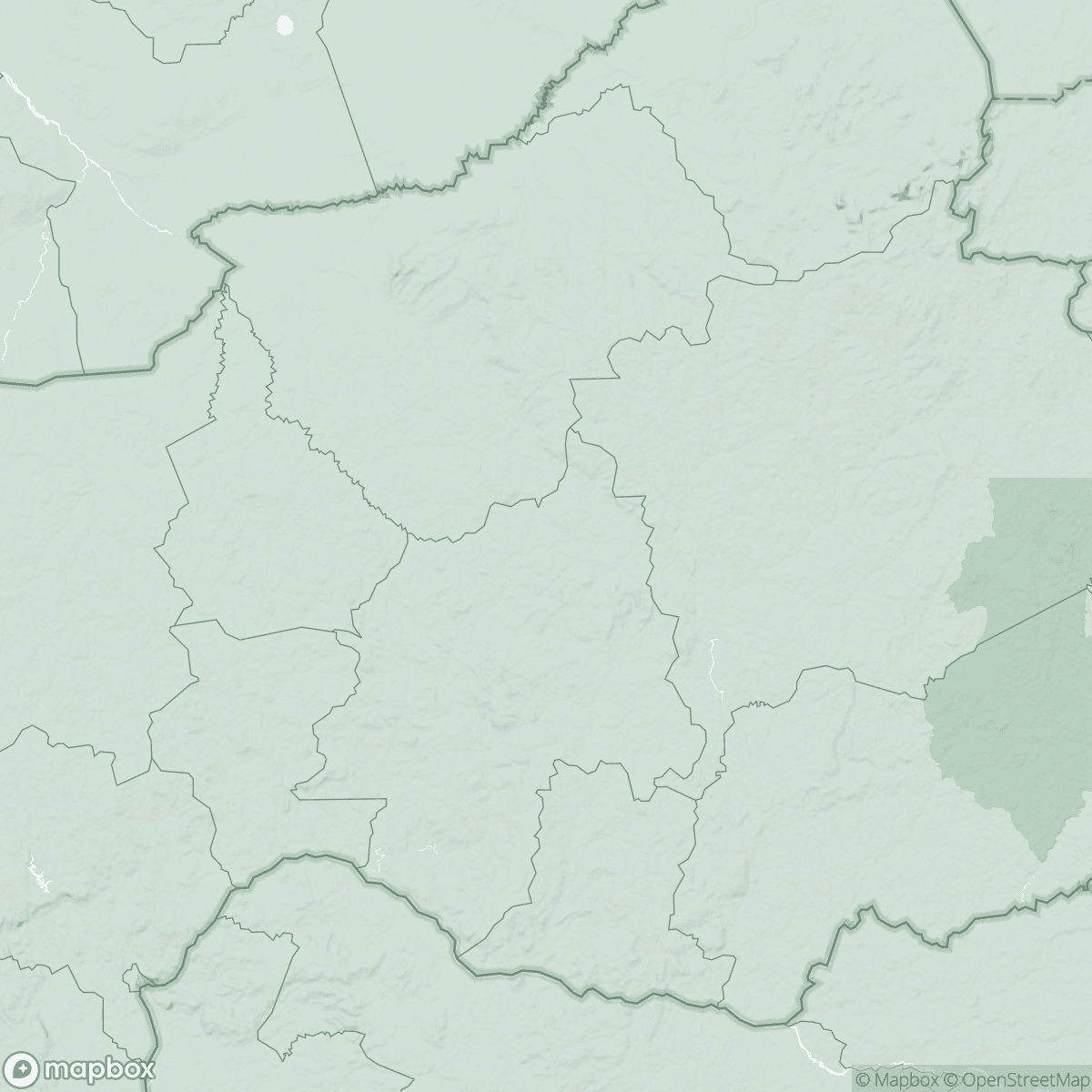
MSF vaccinates thousands of children after arrival of refugees from Sudan
In 1 click, help us spread this information :
Médecins Sans Frontières (MSF) teams have vaccinated more than 7,000 children against measles and other diseases in northern Central African Republic (CAR) to increase health protection for the local community and Sudanese refugees who have been relocated to the city of Birao.
Following a measles epidemic alert, reported before the arrival of the refugees, a vaccination campaign was carried out here between 6 and 10 July. For five days, MSF teams vaccinated children between six months and 15 years in and around the capital of Vakaga prefecture.
In addition to measles, we have included other antigens against pneumococcal, tetanus or diphtheria, in order to give a great immunity to children so they are protected against these preventable diseases", explains Nathanael Mwamba, medical leader of the MSF emergency team.
"The precarious living conditions in which refugees live, the proximity within the camp and the increased pressure on local resources are factors that can encourage the spread of disease".
After the start of the war in mid-April in Sudan, 13,800 people fleeing violence arrived in CAR, according to the UN: they are mostly Sudanese refugees, but also Central African nationals who had fled their country during different periods of crisis.
While the first refugees chose to settle in the border town of Am-Dafock to reduce the distance that separated them from their relatives in Sudan, the Central African government decided to relocate them to the Korsi site in Birao. So far, 1,200 people have been relocated here, which is safer for people who are displaced and more accessible to humanitarian organizations. However, most of the refugees are women and children and many are reluctant to be resettled without the consent of the head of family.
The result is that around 90 per cent of refugees are still at the border, where they have insufficient assistance as very few humanitarian organizations are working there.
In the Korsi refugee site, anyone can fall ill, our living conditions are very difficult. Here we are exposed to the bites of scorpions and snakes, and with the rain starting to fall, we are preparing for the worst because of the risk of malaria and other diseases”, says Moussa, a Sudanese refugee, father of eight children.
In order to support refugees who are arriving, MSF launched an emergency response here in early May. MSF currently runs a health post within the Korsi site focused on treating pediatric care. The post carries out around 200 consultations per week for illnesses such as acute respiratory infections, malaria or intestinal parasites.
MSF also provides mental health support, as many refugees have suffered violence, loss of loved ones and experienced other traumatic situations.
Between 12 May and 10 July, MSF staff carried out 1,154 medical consultations and shared information with 1,463 people about mental health.
In addition, support is provided to the Birao district hospital. Capacities have been reinforced to prepare for a possible influx of wounded and critical cases are stabilized and then referred to the capital, Bangui, by plane, so patients can access necessary specialised care.





